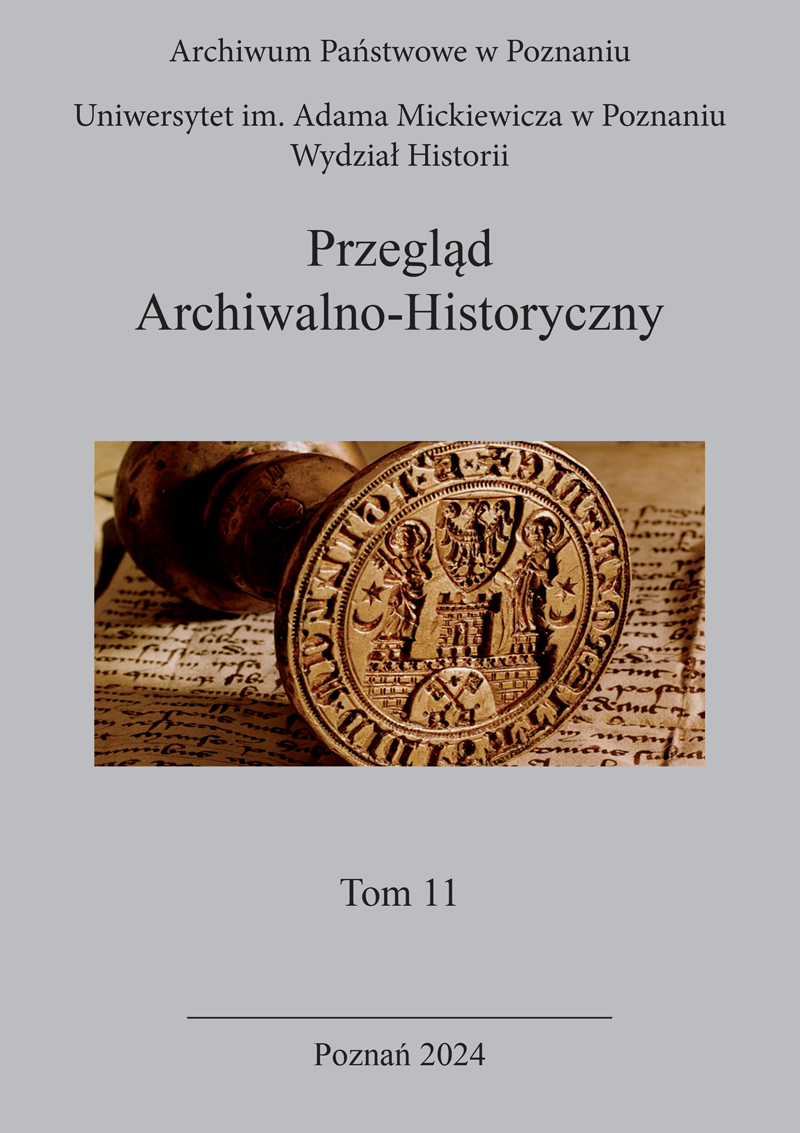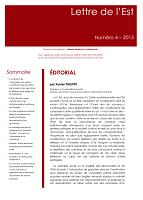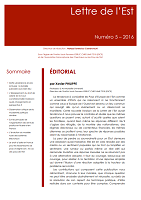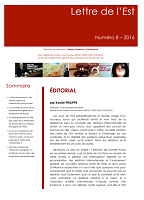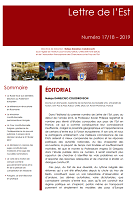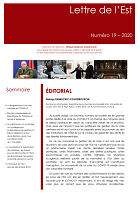Particularities of the Organization and Functioning of the Local Police Service in Scheia, Suceava County
This article aims to analyze the organizational and operational particularities of the Local Police Service in the commune of Şcheia. Confronted with numerous issues related to public order and safety, the local administration in Şcheia was compelled to establish a public service to deter, halt, and prevent criminal acts that endangered the safety of its residents. By examining specific indicators related to activities for preventing and combating offenses and crimes, crime detection and sanctioning, and collaboration with other institutions, this article demonstrates that the Local Police Service in Şcheia serves as a positive model for a public service created to fulfill the public interest of a local community. Although the establishment of this local police service required a significant financial commitment, it has proven to be a long-term solution for stabilizing and enhancing citizen safety and for protecting public and private property within the administrative area (UAT).
More...
